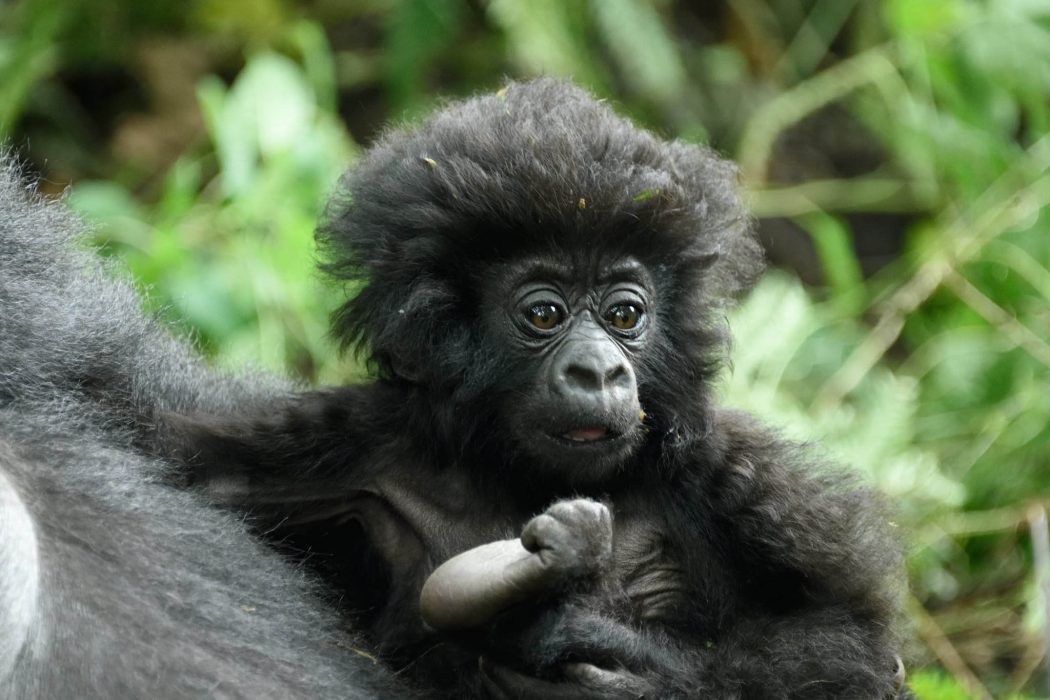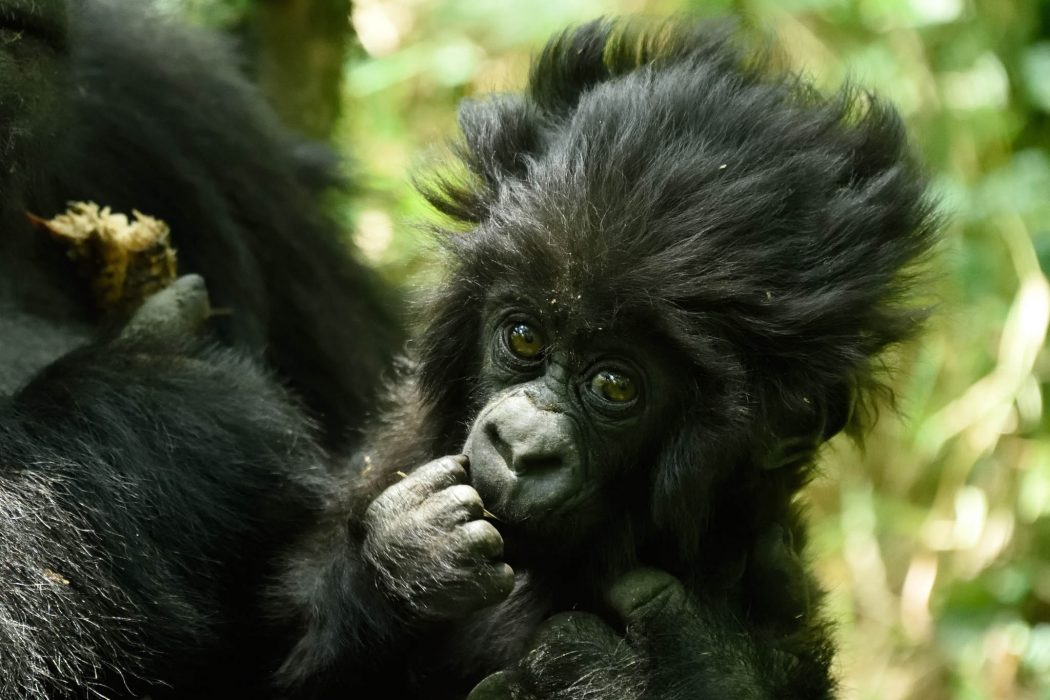Written by Belise Kariza – Chief Tourism Officer at Rwanda Development Board
Around much of the world, the hearth is the heart of the home. Especially in Africa, as a meeting place for warmth and wisdom, families and societies would sit in front of the fireplace and without realising it develop the very traditions and values that are passed down to future generations.
While the fireplace has been replaced by central heating, there is still a central hearth where Rwandans gather as a united community with one of our most important shared values: conservation of our natural treasures. Kwita Izina, Rwanda’s annual Gorilla Naming Ceremony, has become a platform which ignites and sustains the fire for conservation and the sustainable tourism dialogue. In other words, the ceremony is the fireplace of common sense when it comes to the direction of the tourism industry in Rwanda and the Great Lakes region.
Collectively Defining Our Future
It is at events throughout Africa like Kwita Izina that present an opportunity for societies to gather at the hearth to think about what kind of tourism – and accordingly what kind of society and economy – we want to build and promote. Is it sustainable? Does it benefit local communities? Do we feel a sense of ownership and pride in our country’s natural treasures, or do we become so subsumed by the potential gain that we forget to invest in their future? Too often, the story of wildlife tourism in Africa is a painful reminder of how illegal activities like poaching will condemn the majestic animals of the continent to characters in legends and the history books.

Top left: Amahoro’s baby, Mafubo (Someone who has an excellent character), top right: Isaro’s baby, Kura (Grow), bottom left: Ruhuka’s baby, Hobe (A formal Rwandan greeting), bottom right: Amararo’s baby, Igikombe (Award/Cup). Images: © Rwanda Development Board/Keiko Mori.
Successful Conservation Fosters Successful Tourism
There are a few places where the conversation on conservation is not just focused on the here and now, but a conversation that embraces the idea of a shared, sustainable future. Rwanda’s mountain gorillas – once under threat of complete extinction – are coming back in numbers larger than ever before. Today more than 40% of Namibia is under conservation management and now is home to the world’s largest cheetah population. Kenya’s reintroduction of an elephant corridor is providing pachyderms clear passage on the migratory routes after humans blocked the centuries old pathway.
Our continent’s ability to not only stop, but to reverse the trend of extinction points to the very essence of Kwita Izina. It is the time when Rwandans join together to say YES to applying conservation practices and sustainable tourism methods to their work and economy.
Thinking Global, Acting Local
The benefits to local communities practicing conservation shouldn’t be discounted. Villages and towns just outside Rwandan National Parks are given 5% of the parks’ revenues to be applied to schools, clinics, water projects, and other quality of life projects. Across Africa it is common that former poachers become trained and committed park rangers intent on protecting the very animals they once hunted. The conversation is expanding beyond the communities around the game parks and becoming a regional and global conversation through events like Kwita Izina and Kenya’s organized ivory burns.

Surubika’s baby, Ireme (A perfect thing or things of high quality). Image: © Rwanda Development Board/Keiko Mori.
The approach that Kwita Izina highlights isn’t just the problem of a specific community, or event on a specific continent, it is an issue pertaining to our common humanity. At all too rare events like Kwita Izina, people from around the world and from all walks of life take the time to gather to protect not just an African natural treasure, but a treasure of all peoples. Kwita Izina reminds us that just as stories and traditions have been passed down from one generation to the next at our fireplace, ecosystems and animals are also part of our shared story and experience and must be similarly protected and passed on.
The Gorilla Naming ceremony is a celebration that draws from a long held Rwandan culture that brings people together to give a new baby a name. By giving a name to a baby gorilla, conservationists are sending out a clear message that the precious animals born in the wild are no longer statistics but they are beings with an identity, a story, and are part of a family.
This family of baby gorillas are a part of our shared humanity, not confined to their species; they are party of the global conservation family that is invested in their well-being and the well-being of their community.
Note: The Gorilla Naming Ceremony was held on 2 September 2016. All these beautiful baby gorillas featured above were named by leaders in conservation, including Sir David Attenborough. Many thanks to the Rwandan Development Board for sharing their story, and to photographer Keiko Mori for these amazing images.





6 Comments